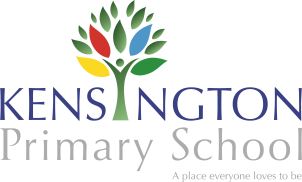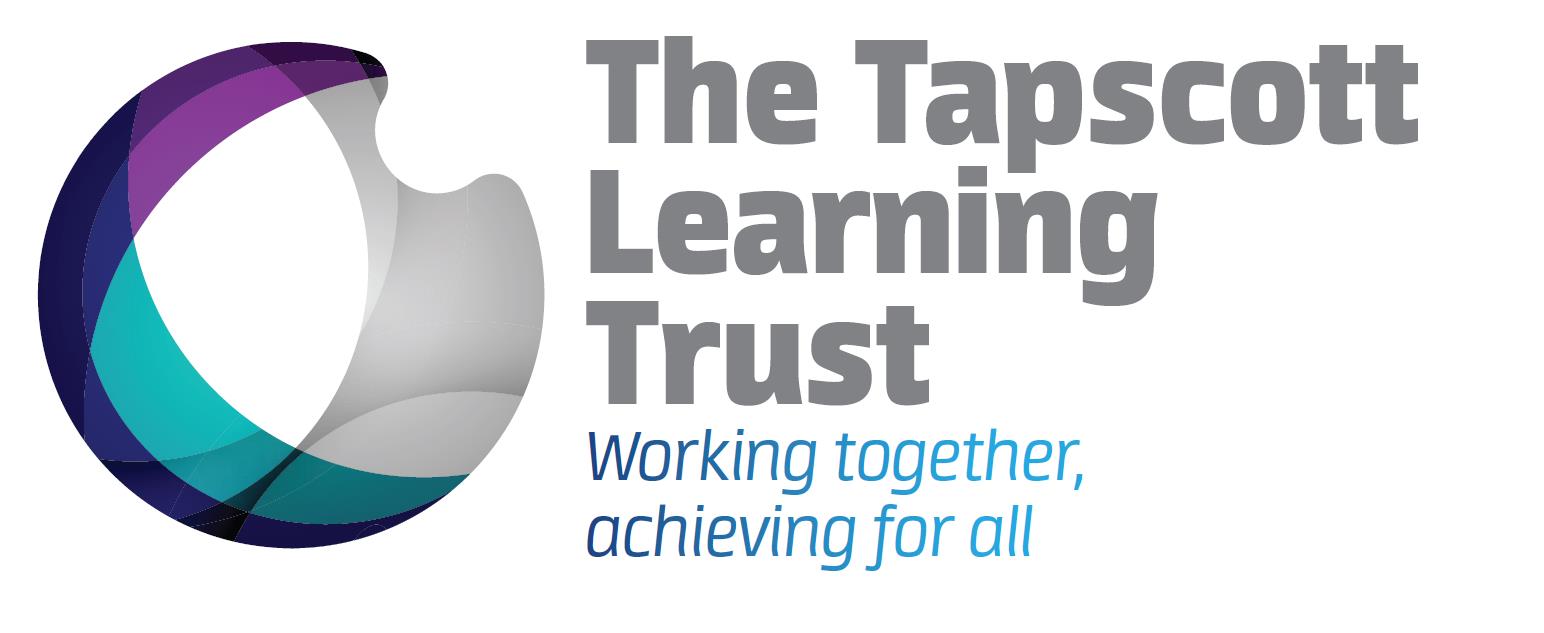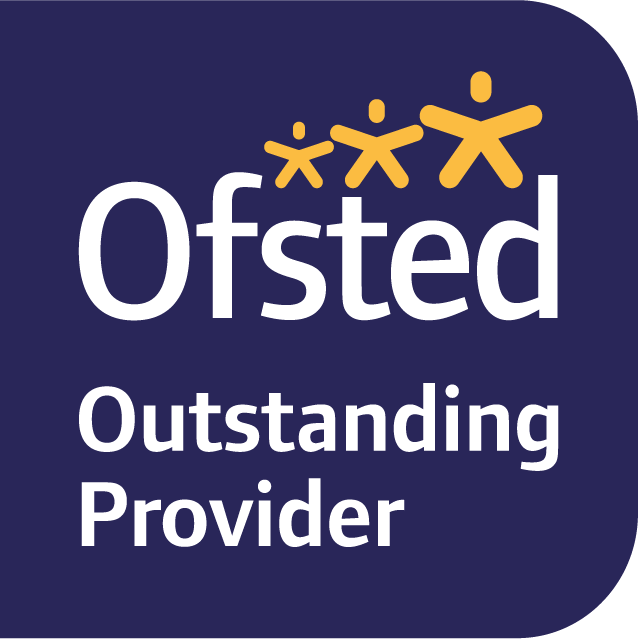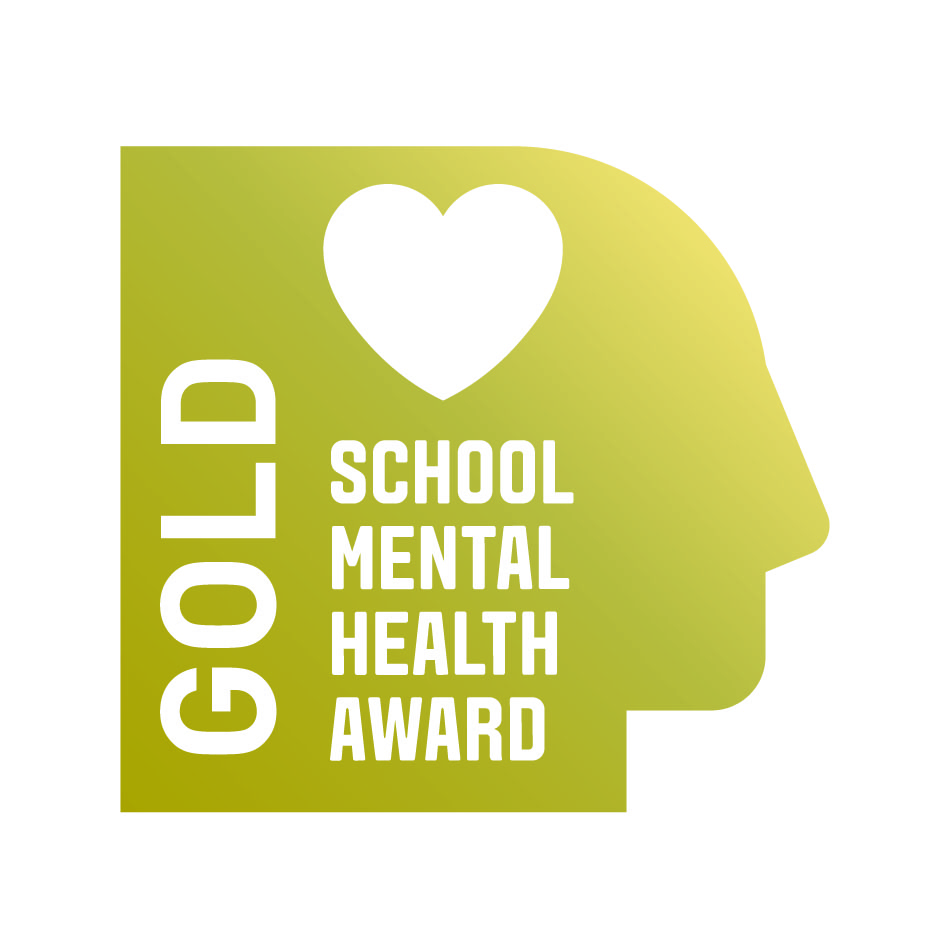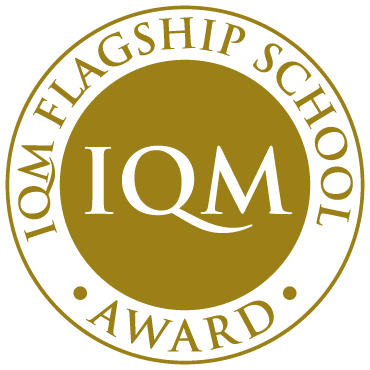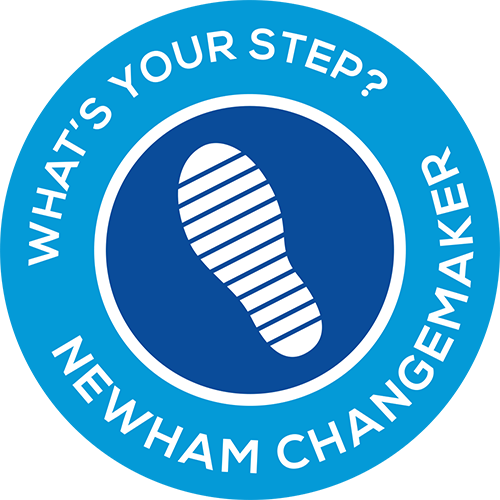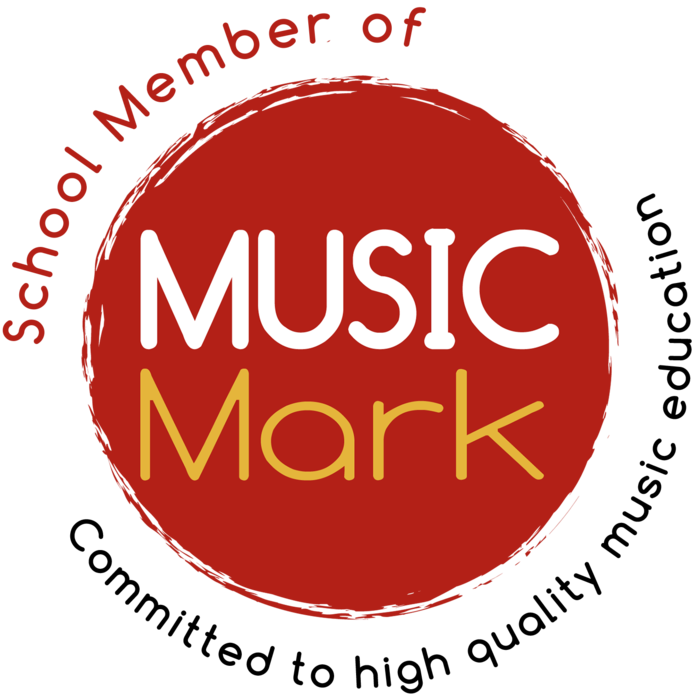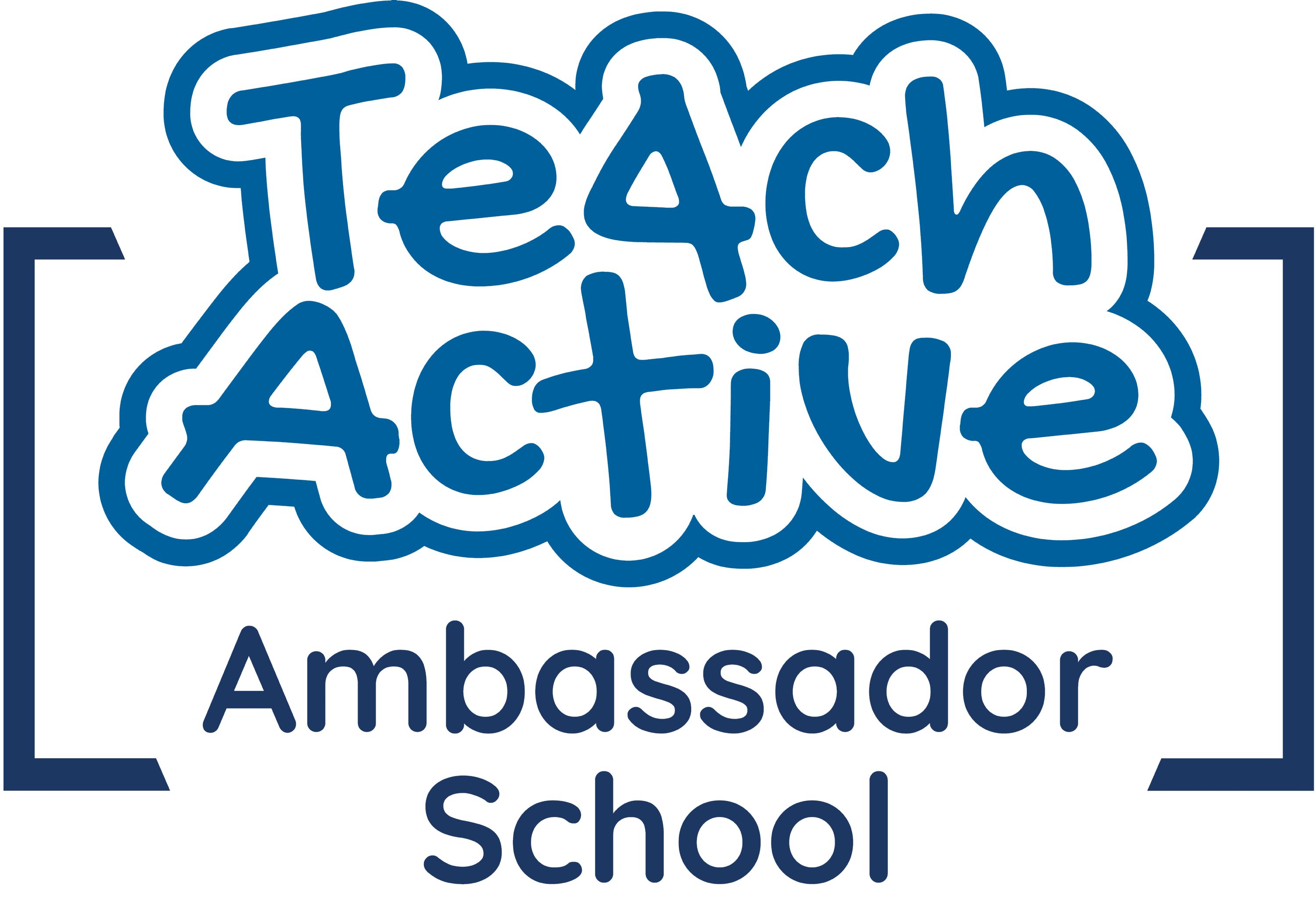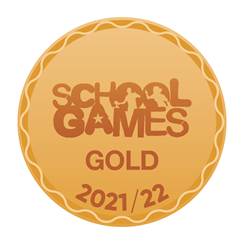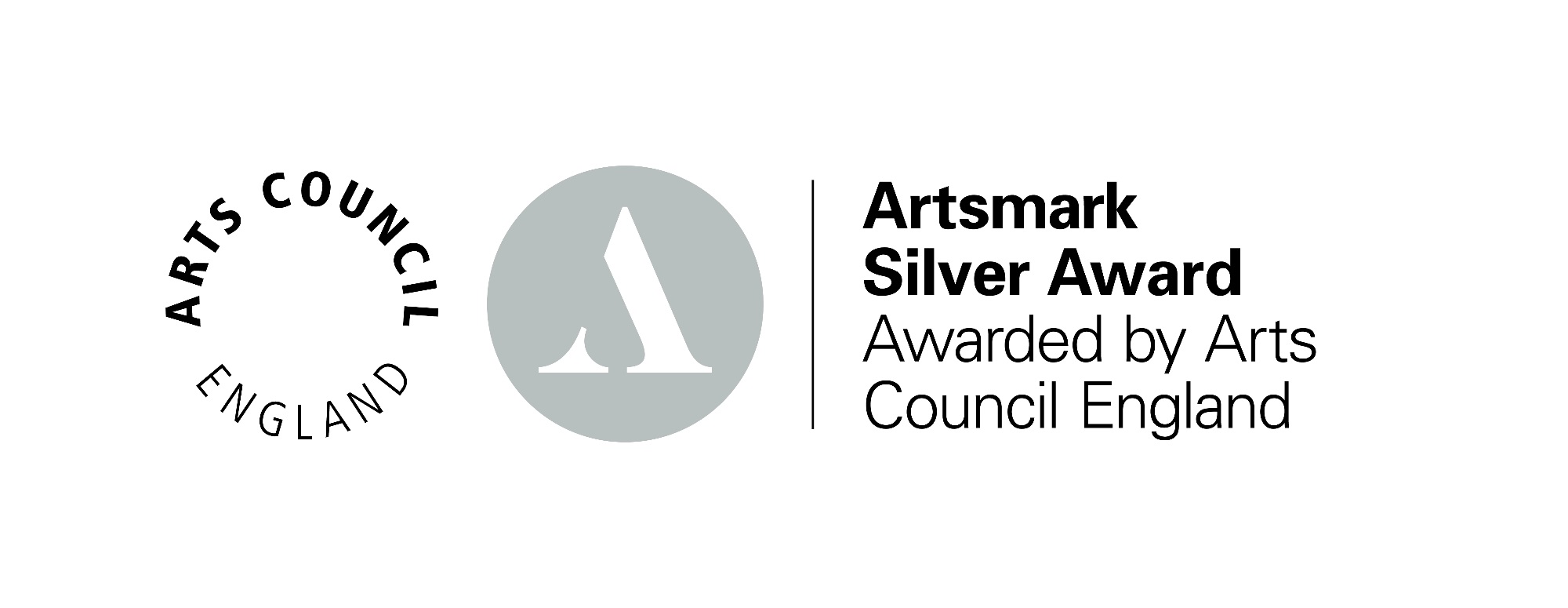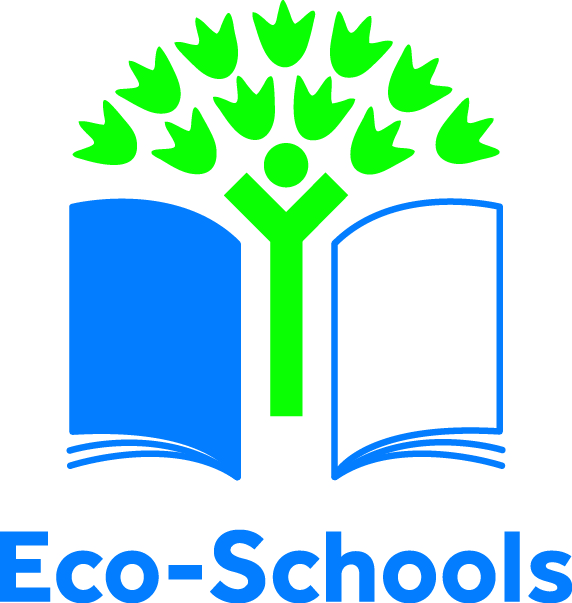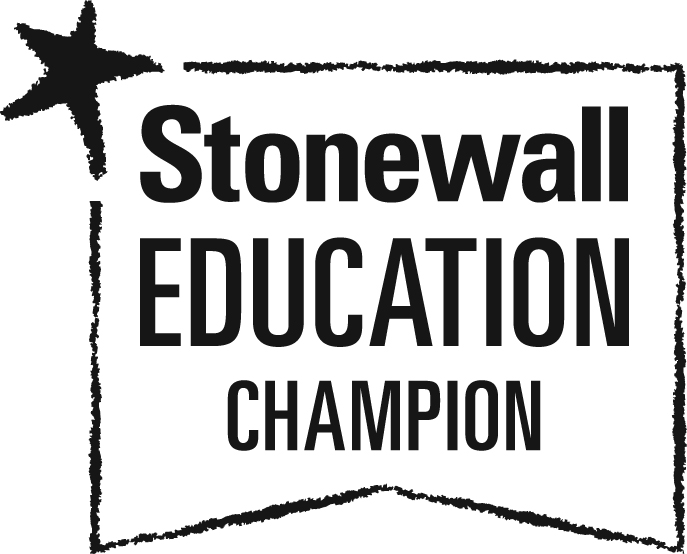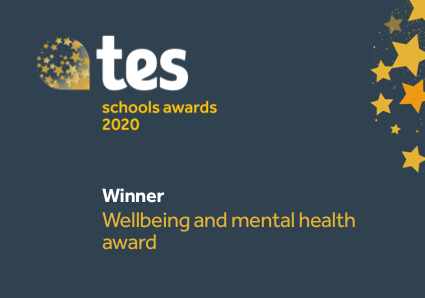Communication
When we carried out our research, the main area businesses in a variety of industries wanted us to focus on was communication. Numerous times we heard that young adults came with the qualifications but not the communication skills.
Whatever the future holds, communication will continue to be core to our success as a human race. Kensington’s children are confident communicators. This is true verbally in a variety of situations and to a variety of audiences but also through art and music.
Communication curriculum at Kensington Primary School
Why communication?
Effective communication will enable our children to access learning, communicate confidently with impact and develop social, emotional and cultural awareness. As they progress, children will be equipped with a range of well-developed interpersonal and communications skills, which allow them to build relationships, communicate effectively within different social situations, develop leadership skills, and work individually, in small groups, or bigger teams. All the skills of language are essential to participating fully as a member of society; pupils who do not learn to communicate fluently and confidently are effectively disenfranchised.
What is the Communication curriculum?
Communication Curriculum
Interaction
- Exploring
- Social
- Attention
- Understanding
- Expressive
Language
- Learning
- Recalling
Interaction
Interaction is a five-part progression, which will begin in Nursery. The first two parts of the strands exploring, and social communication strands are established by the age of six. The other three strands of the progression attention and listening, understanding and expressive communication strands have an aim to be established by the age of eleven.
Language
Through the language, strand children will be taught how to learn and recall words building a breadth of topic-related and everyday bank of vocabulary. A progression in word classes will teach our children with English as an Additional Language how to use their acquired vocabulary within sentences.
Speech
Children who are identified to be not forming their words accurately will take place in speech and language interventions.
Our key aims are:
- To listen attentively and respond appropriately
- To show an awareness of a listener’s needs
- To develop effective receptive and expressing skills
- To develop effective interpersonal skills
- To work as part of a group our class
- To adjust behaviour and communication within different situations
- To be accept and embrace change
- To speak confidently to peers and adults
- To express themselves effectively
- To develop an awareness of cultural nuances
- To develop own narrative and explanations by connecting ideas and events
What do children learn?
Effective use of vocabulary
Allows children to learn a range of vocabulary linking to their learning. Deepens children’s understanding by giving them a range of opportunities to use learnt vocabulary through group work, speaking activities and vocabulary games. Children will explore a range of vocabulary including polite language, sarcasm, synonyms, age appropriate expressions and formal and informal language.
Drama, Debate and Philosophy for Children
Allows children opportunities to work with others and take part in role plays and debates. Children learn to discuss and accept different viewpoints, justify their opinions, turn take with others, ask relevant questions and use appropriate vocabulary.
Listening
Allows children to maintain a conversation, listen to others and respond appropriately. Children learn to focus and concentrate on what is being said, maintain attention and have conversations with others. Children will also learn to give their opinions and agree or disagree with others appropriately.
Performing
Allows children to work with others and learn how to use their voice and body language effectively whilst performing. Children will also take part in performing songs and movements through dance whilst performing. Children will also learn skills such as exaggerating, use of body language and facial expressions and evaluating their own and other performances.
For more information, please refer to the ‘Communication Curriculum framework’.
